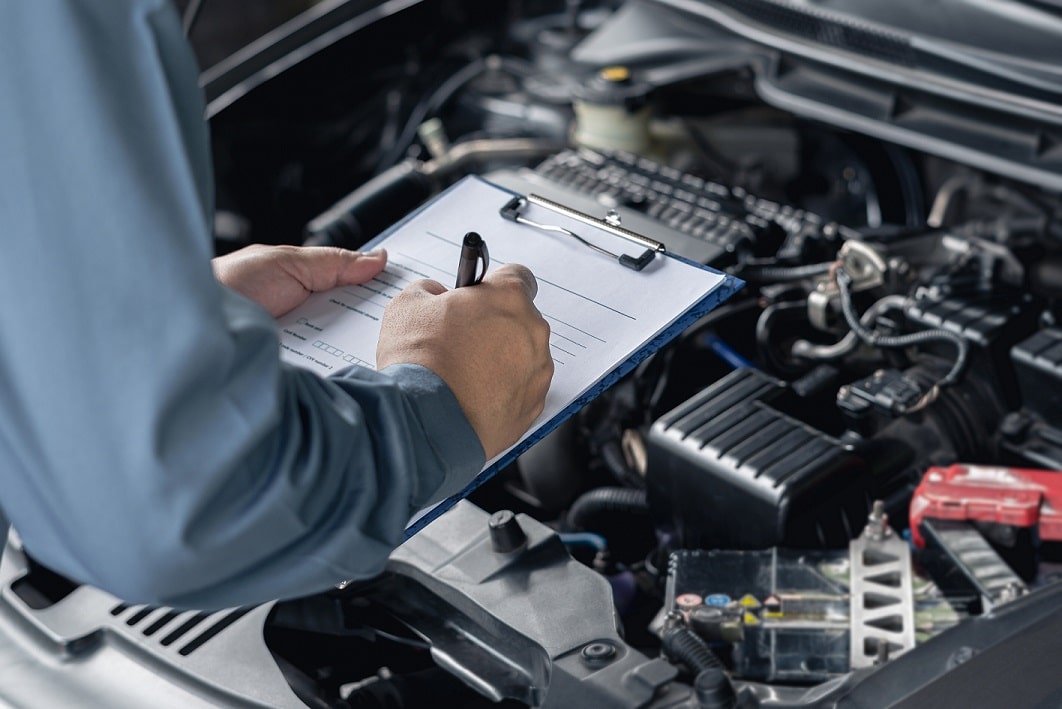All Categories
Featured
Your cars and truck's exhaust system plays a vital duty in both its efficiency and ecological impact. It is liable for routing unsafe gases away from the engine, lowering hazardous emissions, and enhancing general gas efficiency. With time, nonetheless, direct exposure to extreme temperatures, moisture, and road particles can take a toll on the exhaust system, bring about rust, leaks, and other damages. Fortunately, there are several steps you can take to prolong the life of your automobile's exhaust system and prevent expensive repair work. Right here's exactly how:
![]()
![]()
Final thought. Taking care of your auto's exhaust system is necessary for ensuring its durability and maintaining the general health of your lorry. By consistently evaluating the system, keeping it clean, dealing with issues without delay, and driving responsibly, you can aid extend the life of your exhaust system.
- Routinely Inspect the Exhaust System. Routine examinations of your auto's exhaust system are important for catching potential concerns prior to they become major issues. Periodically look for indicators of damage such as corrosion, leaks, openings, or fractures. You can visually inspect the exhaust pipelines, muffler, and catalytic converter for any evident damage. If you hear any type of uncommon noises like loud roaring or rattling while driving, this can show a trouble with the exhaust system that requires focus. Catching these problems early enables repair work to be made prior to they trigger additional damage.
- Keep the Exhaust System Clean. Over dirt, time and roadway particles can gather on the bottom of your automobile, including the exhaust system. Excess dirt and gunk can catch moisture, which can bring about rusting and rust. Clean the underside of your lorry regularly, specifically after driving in damp problems, snow, or salt-covered roads. Utilize a pressure or a hose washer to get rid of particles and grime from the exhaust pipes and other parts. This simple maintenance step aids keep the system clean and lowers the threat of rust.
- Drive Responsibly and Stay Clear Of Brief Trips. Exactly how you drive can have a considerable effect on the life-span of your exhaust system. Constant short journeys, particularly those where the automobile doesn't reach its optimal operating temperature level, can cause wetness to build up inside the exhaust system. It can lead to corrosion formation when dampness blends with the exhaust gases. To stop this, attempt to stay clear of excessive short trips and go for longer drives to make certain the exhaust system gets hot sufficient to vaporize any wetness. In addition, avoid quick velocity or difficult braking, as these can trigger unneeded pressure on the exhaust components.
- Address Exhaust Leakages Immediately. Exhaust leakages not only jeopardize the performance of your car but can likewise result in engine problems and health risks as a result of the build-up of carbon monoxide gas. If you observe any kind of signs of exhaust leakages, such as unusual scents, loud noises, or a decrease in engine efficiency, get your exhaust system inspected by an auto mechanic immediately. Fixing little leakages early can aid protect against more damage to the exhaust system and make certain that the engine is running effectively.
- Prevent Driving Via Deep Puddles or Water. Driving through deep pools or swamped locations can expose your vehicle's exhaust system to unexpected temperature changes. When the exhaust system is hot and enters into call with cool water, it can trigger metal elements to contract, potentially bring about splits or damage. Try to avoid driving with deep water or huge puddles, specifically after rains, to shield your exhaust system from unneeded stress.

- Keep the Engine and Fuel System. A well-maintained engine and fuel system have a straight effect on the exhaust system's long life. A properly running engine lowers the possibility of damaging exhaust gases building up, which can harm the exhaust system over time.
- Inspect the Oxygen Sensors. The oxygen sensors in your automobile keep an eye on the levels of oxygen in the exhaust gases, assisting the engine control system adjust the air-fuel blend for ideal performance. Defective oxygen sensors can cause ineffective engine efficiency, which can place added pressure on the exhaust system and increase emissions. Frequently inspect and replace the oxygen sensors as needed to make sure that your exhaust system is functioning effectively.

- Secure the Exhaust System from Road Salt and Chemicals. Throughout the winter months, roadway salt and chemicals utilized to melt ice can be harsh to your vehicle's exhaust system. Make certain to wash your cars and truck consistently to get rid of any salt build-up from the bottom if you live in a location where roads are salted. This will aid protect against deterioration and expand the life of the exhaust components.
Final thought. Taking care of your auto's exhaust system is necessary for ensuring its durability and maintaining the general health of your lorry. By consistently evaluating the system, keeping it clean, dealing with issues without delay, and driving responsibly, you can aid extend the life of your exhaust system.
Latest Posts
The Advantage of NAPA AutoCare? Montclare Auto Repair Delivers the Best Service
Published Apr 19, 25
2 min read
Financial Security for Every Stage of Life
Published Apr 18, 25
1 min read
Maximize Your Savings with Love My Cooperative Credit Union Incentives
Published Apr 18, 25
1 min read
More
Latest Posts
The Advantage of NAPA AutoCare? Montclare Auto Repair Delivers the Best Service
Published Apr 19, 25
2 min read
Financial Security for Every Stage of Life
Published Apr 18, 25
1 min read
Maximize Your Savings with Love My Cooperative Credit Union Incentives
Published Apr 18, 25
1 min read